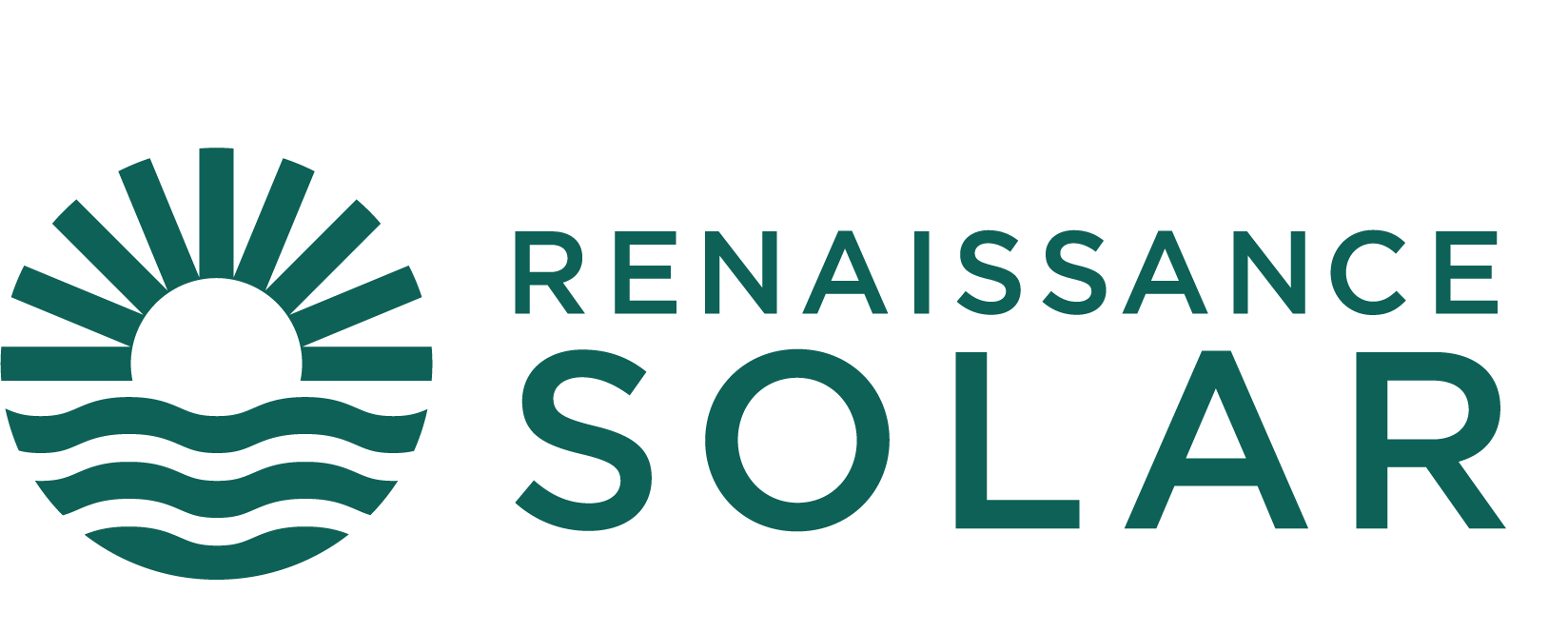Solar power generation involves using photovoltaic cells to convert sunlight into electricity. These cells are made up of layers of materials, which when exposed to sunlight, generate an electric current. This electricity can then be used to power homes, businesses, and other electrical appliances.
Solar power storage involves using batteries to store excess electricity generated during daylight hours for later use. This allows homes and businesses to continue to use solar power even when the sun is not shining.
Solar Power and the Energy Landscape in South Africa
The current state of Eskom and load shedding in South Africa has highlighted the need for alternative energy solutions. Solar power is becoming an increasingly popular choice in South Africa, as it is a sustainable and cost-effective alternative to traditional energy sources.
South Africa has one of the highest solar irradiation levels in the world, making it an ideal location for solar power generation. Solar power can help reduce the reliance on traditional energy sources, reduce electricity bills, and provide a more reliable source of electricity during times of load shedding.
Why Choose Renaissance Solar for Your PV Solar Solutions
Choosing the right solar solutions provider is essential to ensuring that your solar power system is designed, installed, and maintained correctly. Renaissance Solar is a leading provider of solar solutions in South Africa, offering a range of services to help customers take advantage of solar power.
Renaissance Solar has a team of experienced engineers and technicians who are dedicated to providing customers with high-quality solar solutions. They have years of experience designing, installing, and maintaining solar power systems for homes and businesses across South Africa.
Renaissance Solar only uses the highest quality products in their solar power systems. They work with leading manufacturers to ensure that their customers receive the best possible products for their solar power systems.
Renaissance Solar offers a range of services to help customers take advantage of solar power, including system design, installation, and maintenance. They also offer financing options to help customers make the transition to solar power more affordable.
Renaissance Solar is committed to providing their customers with the best possible service and support. They are always available to answer questions and provide advice, and they offer a range of support services to ensure that their customers’ solar power systems are running smoothly.
Solar power is becoming an increasingly popular alternative to traditional energy sources in South Africa, and for good reason. It is sustainable, cost-effective, and provides a more reliable source of electricity during times of load shedding. If you’re considering making the switch to solar power, it’s important to choose the right solar solutions provider.
Contact Renaissance Solar today to learn more about how solar power can benefit you and your home or business.
